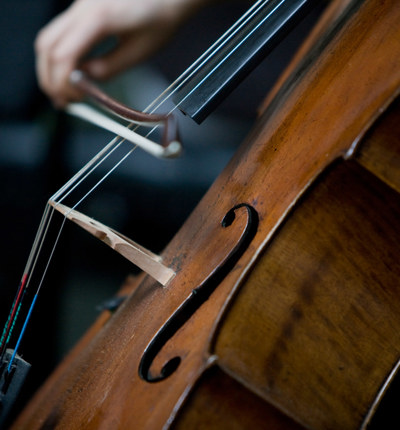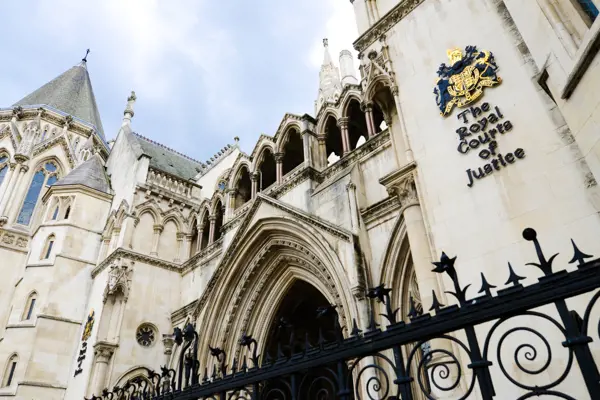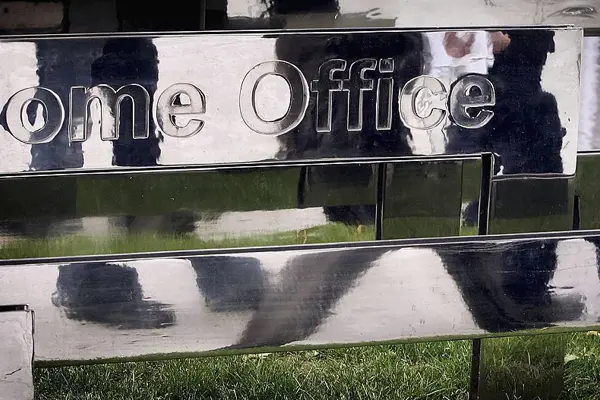
Review into claims of sexual harassment and misconduct at Royal Academy of Music
Alison Millar discusses the background to an independent review into safeguarding at the Royal Academy of Music and the conclusions it has reached.
Posted on 01 December 2020
This weekend the findings and conclusions of an independent review of safeguarding arrangements at the Royal Academy of Music were reported.
The Royal Academy of Music is the oldest conservatoire in the UK and an international centre of excellence which has produced alumni such as Elton John, composers Karl Jenkins and Michael Nyman and singers Lesley Garrett and Katherine Jenkins.
Last year, classical music blog Slipped Disc published complaints by students, male and female, about sexual misconduct and harassment by members of staff including that one student was told at Royal Academy Opera to ‘get used to the casting couch’, another was advised to take ‘a year out and go and work in a brothel’ and a third, asking a teacher how she could please him, was told: ‘a blow job would be a good start’. These students were said to be in their early 20s or late teens, some fresh out of school. Slipped Disc indicated that the students were frustrated at the “blank wall’ they encountered when reporting sexual impropriety by their teachers.
In November 2019, Head of Royal Academy Opera, Gareth Hancock, was suspended with immediate effect, after the Glyndebourne opera festival, where Mr Hancock was also a member of the music staff, sacked him after receiving a complaint he had sent a lewd text to a singer he was coaching. It was also reported that Hancock had been on a warning over similar conduct.
These experiences of staff sexual misconduct at the Royal Academy of Music will come as no big surprise if you are aware of the series of reports that have exposed sexualised behaviour and sexual misconduct from staff within UK higher education, and poor institutional responses when students have attempted to report or disclose worrying behaviours.
These include the 2018 report by the University of Portsmouth and The 1752 Group ‘Silencing Students: Institutional Responses to Staff Sexual Misconduct in UK Higher Education’, which interviewed students and early career academics who had reported, or attempted to report, sexual misconduct by academic staff to their institution or to the police and analysed policies relating to staff sexual misconduct from a sample of 25 UK institutions. This report provided stark evidence of students’ and early career researchers’ experiences of staff sexual misconduct and the inadequate responses received from higher education institutions.
This study followed on from previous research from The 1752 Group and the National Union of Students ‘Power in the academy: staff sexual misconduct in UK higher education’, which, in a survey of 1,839 current and former UK higher education students, found that over four in 10 (41 per cent) had experienced at least one instance of sexualised behaviour from staff, while a further five per cent were aware of someone they know experiencing this. However, fewer than one in 10 respondents who had experienced some form of sexual misconduct from higher education staff disclosed this to the institution. The responses from those who had reported misconduct to their institution made it clear that institutions were letting down students who report in a myriad of ways.
There was a clear gender difference in the experience of staff-student misconduct, with women respondents being more likely than men respondents to have experienced sexual misconduct from university staff and much more likely to have experienced negative impacts from sexual misconduct and to report changing their behaviour as a result. The majority of perpetrators were men. LGBT+ students, students from minority groups and post-graduate students also reported to the survey higher patterns of misconduct.
An investigation by the Guardian newspaper in 2017 reported ‘epidemic levels’ of sexual misconduct, harassment and gendered violence by university staff.
There have also been particular issues with abuse in music education, with a slew of high profile court cases including that of Michael and Kay Brewer, during which the chief complainant Frances Andrade took her own life.
The Independent Inquiry into Child Sexual Abuse considered fee-paying music schools in the first phase of its investigation of the response of institutions to the sexual abuse of children in residential schools.
Against this context, it is important to look critically at the Review of Safeguarding Arrangements at the Royal Academy of Music, University of London (Chair, Professor Peter Kopelman). Does it do enough to address the imbalance of power that is often at the heart of these cases, with the staff member able to exploit their position of authority – for example, academic staff assess work, award grades, write references, sit on examination boards etc – to coerce a student into silence and submission. Commentators have also pointed towards a culture within the tradition of classical music education which lends itself to sexually and psychologically abusive behaviours, including the legitimisation of unacceptable behaviour by teachers as aspects of “artistic temperament”; the engagement of musicians as teachers primarily on the basis of their achievements as performers (regardless of whether they are temperamentally suited to teach); and the power they have to make or break a student’s future career.
I am aware from the case work that I and my team have done for elite performers in other fields (such as elite athletes) that the long hours of practising a particular talent under the one-to-one supervision of a coach – whose role may legitimise touching the student, under the guise of adjusting their position or showing them the correct technique – is an environment that is ripe for grooming behaviours that may progress to abuse.
Young people who may have been in training, often from a very young age, focused on the goal of a professional career, are very vulnerable to such abuse and student safeguarding policies must cover them and recognise that vulnerability, even though they may be 18 years old or over.
The Review of Safeguarding Arrangements at the Royal Academy of Music states that, “The Panel were made aware of a widespread culture among conservatoire students of the fear of “speaking out” that appears to stem from the belief that powerful individuals have the potential to adversely influence opportunities for those in the music profession”.
Given the surrounding circumstances discussed above, this culture is wholly unsurprising and is indicative of the failure of the institution to have in place adequate and effective policies that define staff misconduct and reassure students that complaints will be investigated robustly and with the proper care and support for the complainant.
The Review further stated that, whilst all contributors to the review (which included Academy staff and students, senior managers and some members of the Governing Body) considered a strong, embedded and demonstrable culture of safeguarding as essential to the Academy, “Nevertheless, students and many staff reported that they were uncertain of the senior management’s stance on safeguarding. It was perceived by some as reactive as opposed to proactive; this risks an impression that a main driver, on occasions, may be reputational damage limitation rather than the wellbeing of those involved.”
If it is at all unclear whether the senior management and Governing Body will act on complaints - but they may instead choose to protect staff perpetrators and institutional reputation over students’ safety and wellbeing - then a healthy safeguarding culture will not be achieved.
The Review makes recommendations to provide a safeguarding safety net for matters of student (pastoral) wellbeing that is additional to the existing support network; that the Academy should prioritise and commit to a strategy for training and development designed to prevent future safeguarding incidents – and that should extend to part-time and visiting staff; it says that some leadership roles should only be properly undertaken by staff who are primarily educators.
The Review is quite scathing about previous recruitment practices, saying that no one should be invited into a teaching relationship without proper background scrutiny and reference checks, and it states that, within the contract of engagement, the Academy should set out its expectations on conduct, including reference to the formal code of conduct.
Safeguarding policy and culture should be highlighted at both student induction and then to the entire student body on an annual basis and the curriculum should include safeguarding. Safeguarding policies and processes should be reviewed and clearly publicised.
All of this is to be welcomed. However, I think that the Panel missed the opportunity to analyse the power dynamics that are at the root of the problem with staff-student misconduct and it remains to be seen whether in practice the Academy will strive for a safeguarding culture of zero tolerance and be prepared to take action against staff, irrespective of eminence and time spent in the Academy, if they should decline to engage with the additional professional safeguarding standards that are required and / or behave in a way that outsteps professional boundaries with students.


